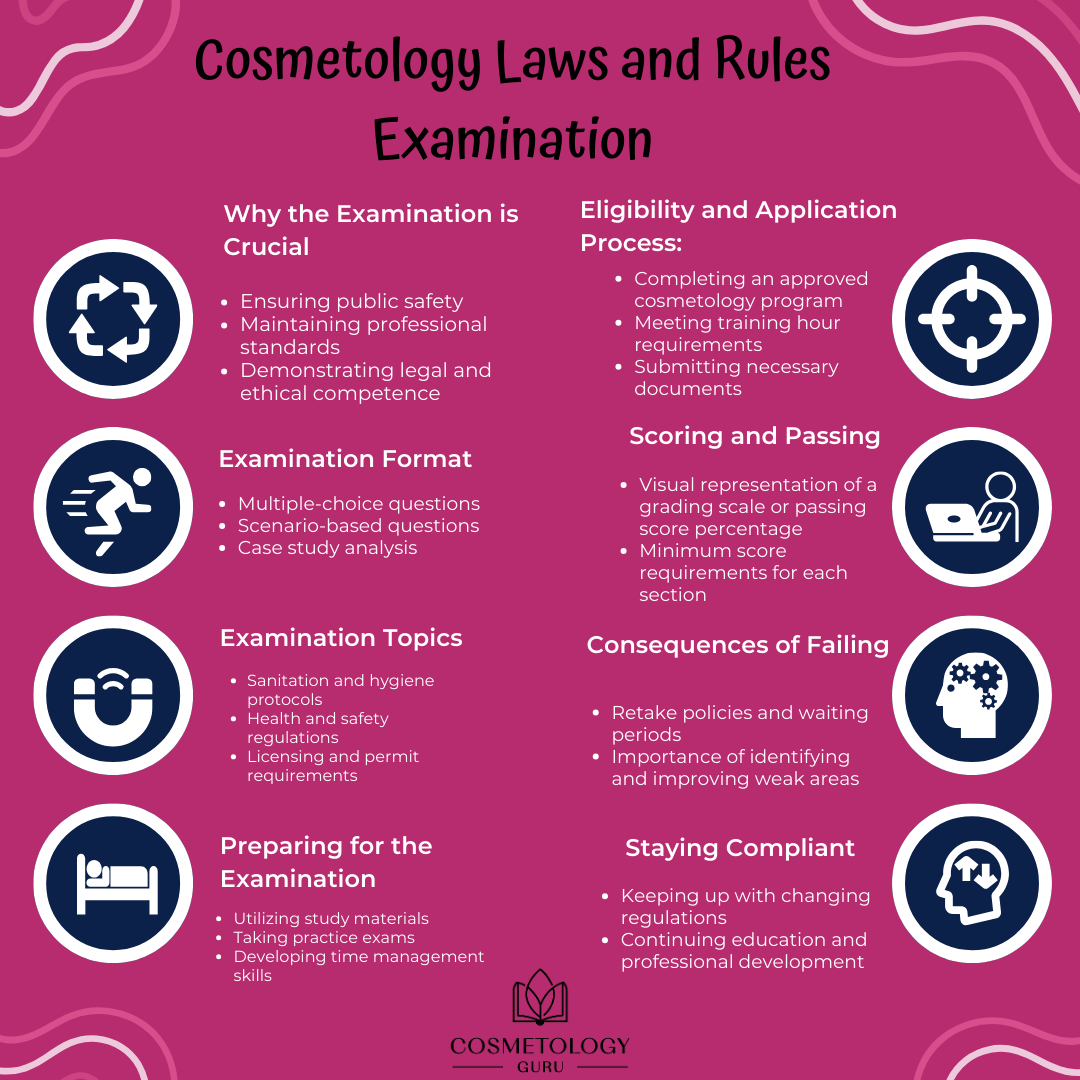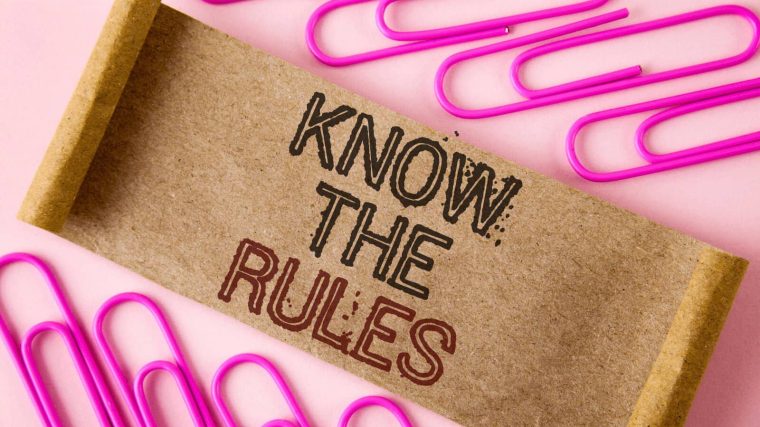Sponsored
As someone passionate about the world of beauty and style, you’ve probably dreamed of transforming lives through your creative touch.
Becoming a skilled cosmetologist is undoubtedly an exciting journey, but there’s a crucial aspect that often goes under the spotlight: the laws and rules exam in cosmetology.
In this article, we’ll navigate through the maze of regulations, ensuring you’re well-equipped to shine not only artistically but also legally in the realm of cosmetology. Let’s dive right in and unravel the essentials of this exam that will shape your career path.
Introduction to Cosmetology Laws and Rules Exam
The cosmetology laws and rules exam is a mandatory assessment for individuals seeking to become licensed cosmetologists. This exam ensures that future practitioners have a solid understanding of the legal and ethical aspects of their profession. Beyond just demonstrating technical skills, this exam gauges the candidate’s ability to operate within the legal boundaries set by their state or jurisdiction.
Why is the Exam Necessary?
The primary reason for the cosmetology laws and rules exam is to ensure public safety. Cosmetologists work directly with clients, often using chemicals and tools that require careful handling. The exam assesses candidates’ knowledge of hygiene protocols, sanitation practices, and safety measures to prevent accidents and health hazards.
Eligibility and Application Process
Before sitting for the exam, candidates must fulfill certain eligibility criteria. These may include completing a state-approved cosmetology program and meeting the required training hours. The application process involves submitting educational transcripts, proof of training, and a completed application form. Once approved, candidates receive details about the exam date, time, and location.

Topics Covered in the Exam
Sanitation and Hygiene Regulations
Cosmetologists must maintain a clean and safe environment to prevent infections and promote well-being. Understanding proper sanitization techniques and sterilization procedures is crucial to passing this part of the exam.
Health and Safety Guidelines
Candidates are tested on their knowledge of health and safety regulations, including handling chemicals, managing waste, and preventing cross-contamination. This section ensures that cosmetologists can provide services without compromising the client’s health.
Licensing and Permitting
Laws related to cosmetology licensing and permitting are covered in this segment. It’s vital for cosmetologists to grasp the legal requirements for operating their practice within the confines of the law.
Professional Ethics and Conduct
Cosmetologists often form close relationships with clients. This section assesses candidates’ understanding of professional boundaries, client confidentiality, and ethical behavior in the workplace.
Preparing for the Exam
Study Materials
Gathering the right study materials is essential. Textbooks, online resources, and official exam guides can provide a comprehensive overview of the topics covered.
Mock Exams and Practice Questions
Engaging in mock exams and practicing with sample questions helps candidates familiarize themselves with the exam’s format and boosts their confidence.
Time Management Strategies
Managing time during the exam is crucial. Candidates should practice pacing themselves to ensure they can complete all sections within the allocated time.
Taking the Exam
Format and Structure
The cosmetology laws and rules exam typically consists of multiple-choice questions and scenario-based questions. Candidates may also be required to analyze case studies and provide appropriate solutions.
Scoring and Passing Criteria
Scoring is generally based on the number of correct answers. Each section has a predetermined passing score. Candidates must achieve or exceed this score in each section to pass the exam.
What Happens If You Don’t Pass?
If a candidate does not pass the exam, they can usually retake it after a waiting period. It’s essential to review the areas where improvement is needed and focus on strengthening those skills.
Real-World Application of Cosmetology Laws
Understanding and adhering to cosmetology laws and rules have real-world implications. Non-compliance can lead to fines, penalties, and even the revocation of a cosmetology license.
Staying Updated with Changing Regulations
Cosmetology regulations may evolve over time. Cosmetologists must stay informed about any changes to ensure they remain in compliance with the latest laws and rules.
Benefits of Complying with Laws and Rules
Complying with cosmetology laws not only ensures legal operation but also builds trust with clients. Clients are more likely to return to a cosmetologist who demonstrates professionalism and follows regulations.
Conclusion
The cosmetology laws and rules exam is a fundamental step toward becoming a licensed and responsible cosmetologist. Beyond artistic skills, cosmetologists must prioritize safety, hygiene, ethics, and legal compliance. By excelling in this exam, cosmetologists set the stage for a successful and fulfilling career in the beauty industry.
FAQs
Is the cosmetology laws and rules exam the same in all states?
The exam’s content may be similar, but specific regulations can vary from state to state.
Can I retake the exam if I don’t pass it on the first try?
Yes, most jurisdictions allow candidates to retake the exam after a certain waiting period.
Are the exam questions mostly theoretical or practical?
The exam usually includes both theoretical questions and scenario-based practical questions.
What happens if I violate cosmetology laws after obtaining a license?
Violating cosmetology laws can result in penalties, fines, and even the suspension or revocation of your license.
How often do cosmetology laws and regulations change?
Cosmetology laws can change periodically. It’s important to stay updated with any revisions to remain compliant.


